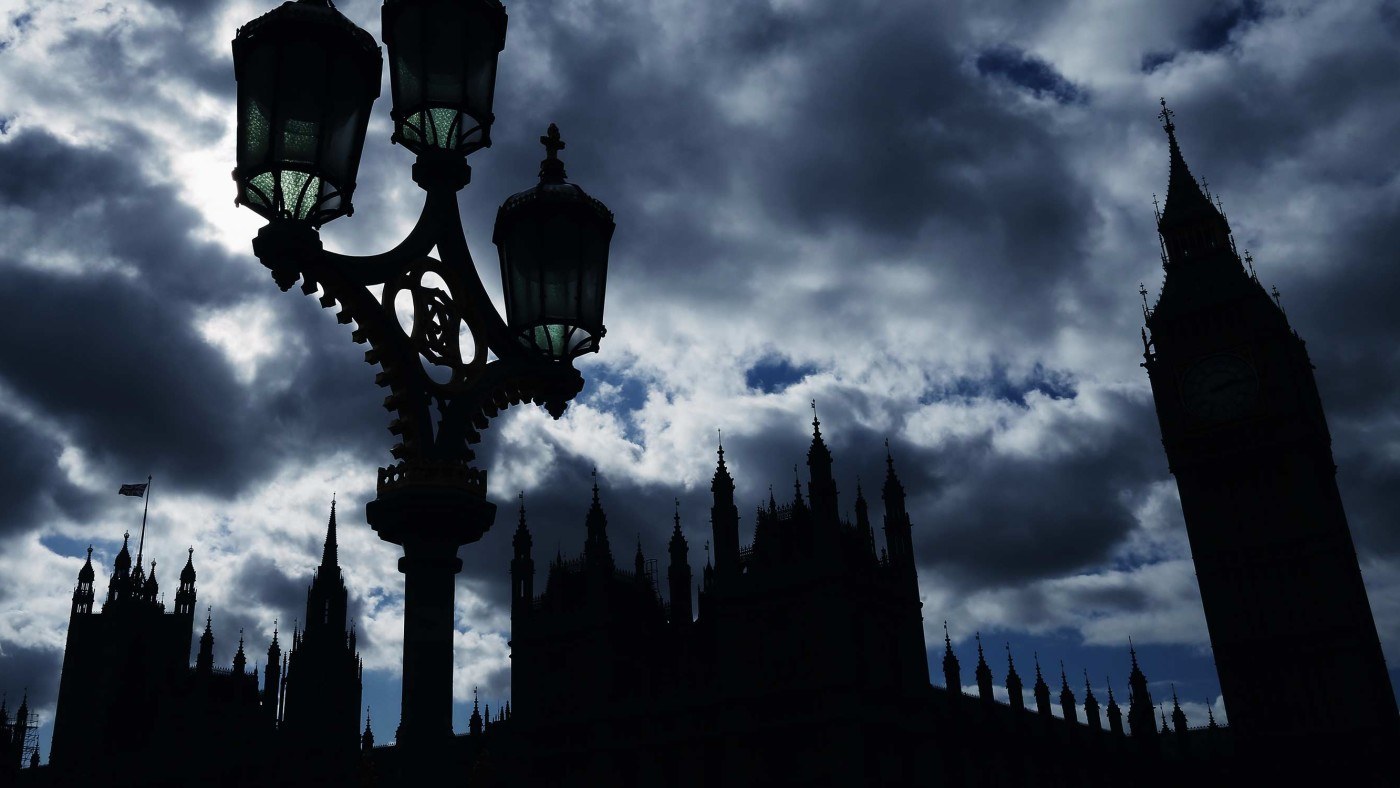Political risk and the UK is misunderstood. Judging by the betting markets Brexit is unlikely, but post-referendum chaos, including a vote of no confidence in David Cameron, is a growing possibility.
The Telegraph reports this morning that about 100 eurosceptic Tory MPs are so angry at the way the referendum is being conducted by Downing Street, which has harnessed the government machine to its purposes, that they would back a vote of no confidence.
By contrast, despite the endless media coverage asking “what if Britain leaves the EU?” the implied odds on Betfair are 67% Remain and 33% leave.
It is important to understand that since the Fixed Term Parliament Act, a vote of no confidence would not be “Turkey Tory MPs voting for Christmas”. It does not immediately lead to a general election. Mr Cameron would have 14 days to cobble together some sort of manifesto to stay in power, which would then be confirmed by the Commons.
A no confidence vote, or the threat of one, is therefore initially a device to humiliate the Prime Minister, to force him to agree to depart before 2019, to restructure the Government, and to set in train a process which would lead to a leadership contest in which Boris Johnson is currently the front runner.
Irrespective of a vote of no confidence risk, the Government is in a very weak Parliamentary position. It has a majority of only 17 in the Commons and none at all in the House of Lords. Theoretically, only 9 Tory MPs need rebel or not show up for a bill to fail.
The legislative programme is in serious trouble, exacerbated by self-inflicted wounds such as compulsory academisation and tax credits. Numerous Bills or policies are looking ragged, whether it be Housing, HS2, Trade Unions, Broadcasting or House of Lords Reform.
Furthermore, the controversy of how the Conservatives accounted for their “battle bus” expenditure in the General Election took an interesting turn last week with the loss of a discovery case in the High Court to the Electoral Commission. The significance of that is not the offence itself – a trivial accounting matter common to all parties – but that Lord Feldman, the Conservative party chairman is again at bay.
The general election expenses story, like the inquiry into the death of a Conservative activist is essentially a situation of the “the King is badly advised”. The enemies of David Cameron are using it as a device to get at him via his friend and ally. It is a sign that there are plenty of people out there who wish the Prime Minister ill and would stick a political knife into his back if they thought they could get away with it.
Mr Cameron’s friends like to say he is going to be the first Prime Minister since Stanley Baldwin in 1937 to leave office at a time of his choosing. If so, he has a funny way of going about it. It might be better if, like Harold Wilson in 1975, Mr Cameron and his acolytes saw themselves as less partisan figures in the EU debate and stayed a little higher above the fray. Whatever the outcome, Mr Cameron must surely regret the bad-feeling on all sides unleased by the EU Referendum.


